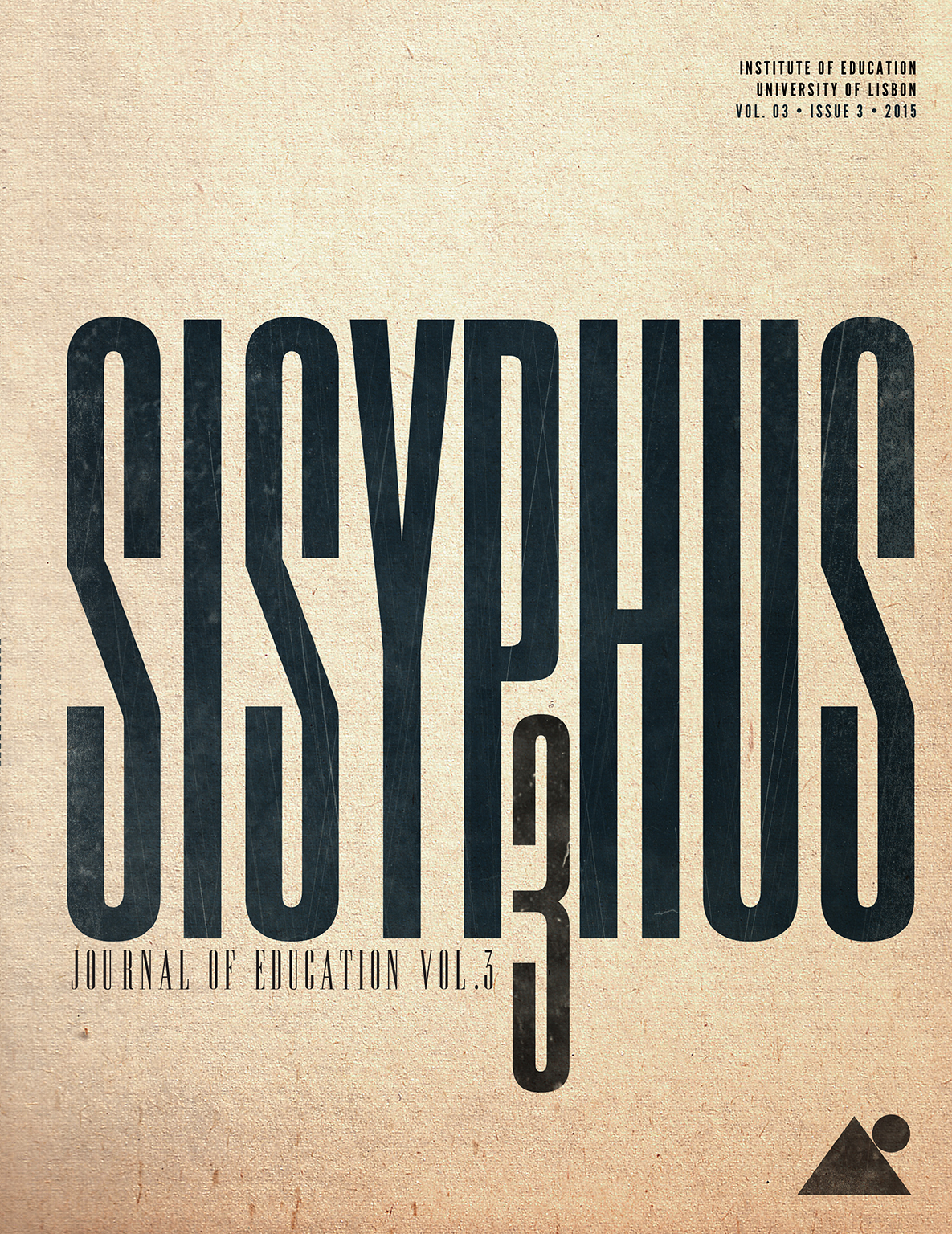Biopolitics, Education and Latin America
DOI:
https://doi.org/10.25749/sis.8899Palavras-chave:
Biopolitics, Education, Educational research, Inclusion, Learning, Intercultural education, Pedagogical apparatuses, Individualization, BiopowerResumo
After the last quarter of twentieth century, it has become almost impossible not to take into consideration the importance of the contributions of Michel Foucault's legacy, and hence, its impact on various fields of human knowledge, concerning the achievement of a more refined comprehension of current social issues. In educational field, in particular, whether in regard to the analysis of the discursive and non discursive practices that currently take place in schooling and beyond it, or in studies on the subjectivation processes and, still, in investigations on the resonances between education and the political, economic and cultural changes in present times, the fact is that Foucault seems to be more alive than ever.Downloads
Downloads
Publicado
Edição
Secção
Licença
O Copyright (c) pertence à Sisyphus – Journal of Education. No entanto, encorajamos que os artigos publicados na revista sejam publicados noutros lugares, desde que seja solicitada a autorização da Sisyphus e os autores integrem a nossa citação de fonte original e um link para o nosso site.
Política de auto-arquivo
É permitido aos autores o auto-arquivo da versão final publicada dos seus artigos em repositórios institucionais, temáticos ou páginas web pessoais e institucionais.
Subscritor DORA
O Instituto de Educação da Universidade de Lisboa, editor da Sisyphus, é um dos subscritores da Declaração de São Francisco sobre Avaliação da Investigação (DORA).





